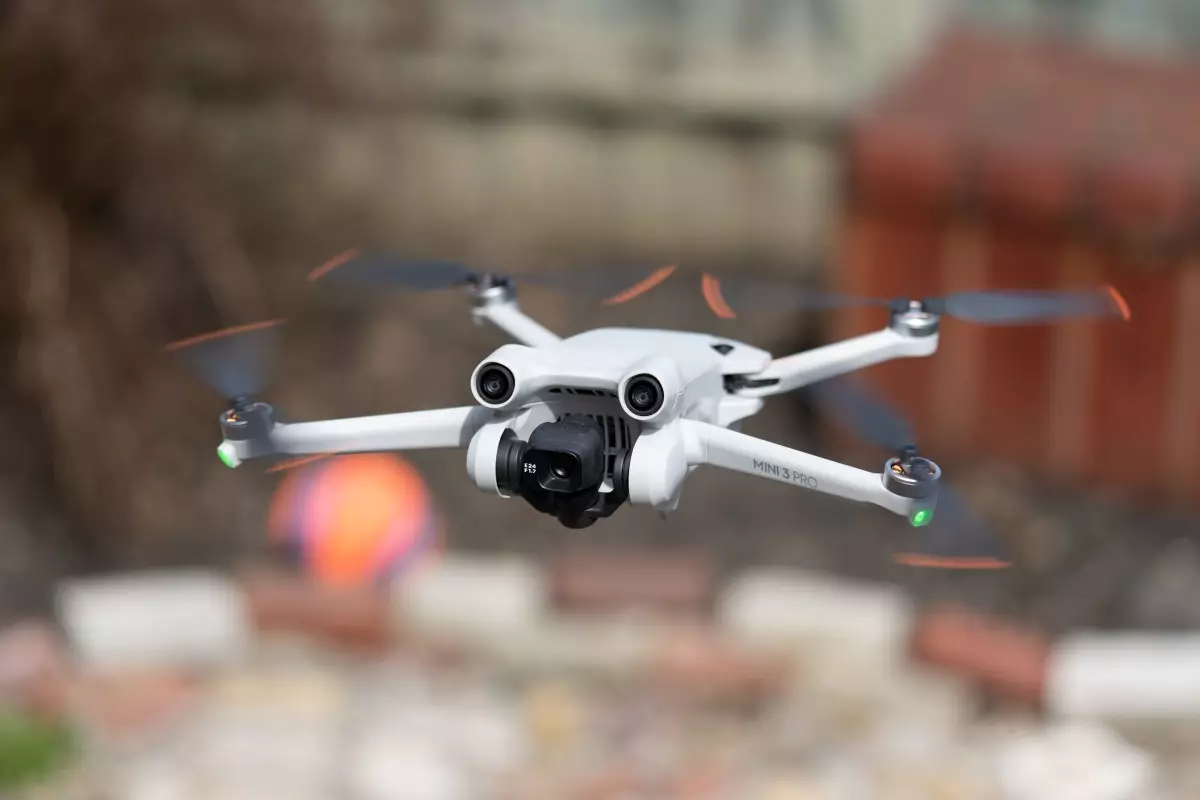In a significant development that underscores escalating tensions between the U.S. and China, drone manufacturer DJI has initiated legal proceedings against the U.S. Department of Defense (DoD). This lawsuit comes in response to DJI’s inclusion on a DoD list categorizing it as a “Chinese military company.” The company, which has established itself as a leader in consumer and commercial drones worldwide, has publicly denounced this classification. The implications of such a designation are severe, resulting in hindered business opportunities and strained relations with both the U.S. government and commercial sectors.
The Legal Battle: DJI’s Justification
DJI’s spokesperson articulated the company’s frustration after more than 16 months of attempts to engage constructively with the DoD. According to the spokesperson, the company had no choice but to pursue legal relief, suggesting that previous attempts at dialogue were met with resistance or insufficient acknowledgment. The firm emphasizes its stance that it is neither owned nor controlled by the Chinese military, asserting that the DoD recognizes DJI as a manufacturer of civilian drones, not military-grade equipment. This distinction is vital as it underscores the ongoing challenges of perception versus reality in international business relations.
DJI’s legal challenge is not an isolated incident but rather a part of a larger narrative that reflects the ongoing geopolitical tensions between the United States and China. Since 2020, DJI has faced various restrictions imposed by U.S. governmental agencies, including being placed on the Department of Commerce’s Entity List—an action that severely limits American companies from engaging with DJI. The decision to categorize the company in such a manner has roots in allegations relating to the surveillance of Uyghur Muslims, further complicating its operational environment in the U.S.
The ramifications of DJI’s designation as a military-linked entity extend beyond the company itself. The placement of DJI on lists meant to restrict its operations raises concerns regarding the legal stipulations for U.S. exporters and the ramifications for technological collaboration. The tension is palpable, as various stakeholders in the drone and technology sectors must navigate this politically fraught landscape. As a result, it calls into question the future of technological innovations that rely on cross-border cooperation.
As DJI proceeds with its lawsuit, the outcome could set a precedent that influences not only its operations but also the broader drone industry. The conflict between national security interests and commercial activities continues to evolve, and this case may catalyze further scrutiny of foreign companies by U.S. officials. The drone industry, which leans heavily on global supply chains and international markets, faces uncertainty amid mounting tensions, which could stifle innovation and growth.
DJI’s legal maneuvers signify a pivotal moment in the intersection of technology, commerce, and geopolitics. How this situation unfolds will be essential for the company’s future and the broader implications for U.S.-China relations in the technology sector.

